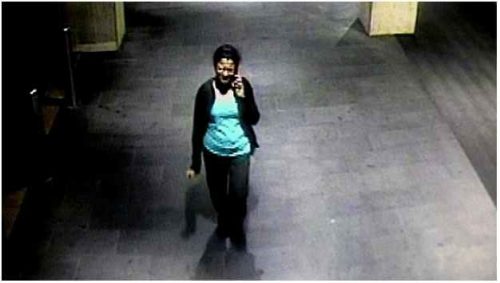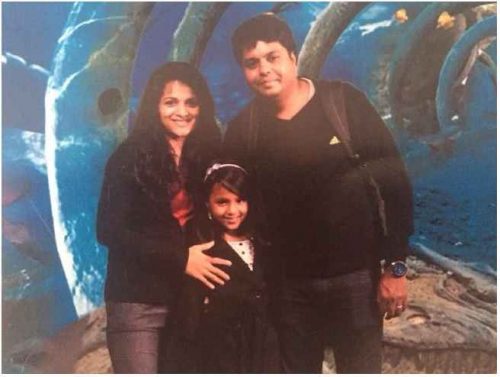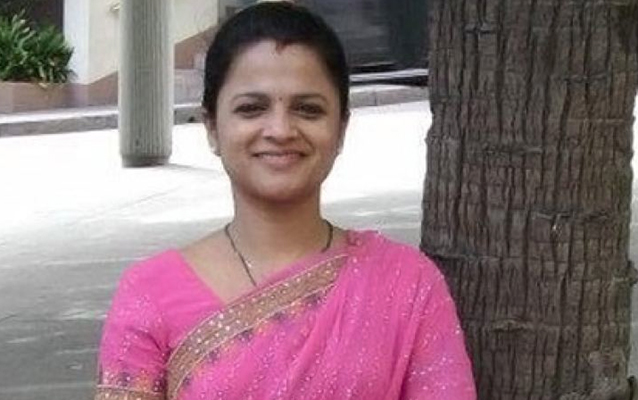Sydney, January 23: After Australian police struggled to find a motive for the March 7, 2015 attack and vicious murder of Prabha Kumar, homicide detectives made plans to travel to India.
After ruling out sexual assault and robbery motives; as it emerges, detectives intend to speak to her family and interview her husband, Arun Kumar.
In this latest development; on their way to India in the last week, police indicated that they would examine every inch of Prabha’s personal life to uncover any clues that could lead to her killer.
Prabha, who was a mother of one daughter, worked for IT firm MindTree in Sydney.

She was walking home from Parramatta train station on the night and was on the phone to her husband, who lives in India, when she was attacked and stabbed and her throat slashed, in a Parramatta Park.
Prabha said to her husband: “I think I’ve been stabbed.”
The 41-year-old died on the footpath near her Westmead home. Only a month later in April, she was due to be reunited with her husband and nine-year-old daughter, Meghna, after finishing an IT project.
Detective Acting-Inspector Ritchie Sim said any communication with Prabha’s family had been difficult because of the distance.
Although he cautioned against any speculation that her killer could be in India, he said it was an “obvious line of inquiry to follow”.

A grainy 14-seconds CCTV footage of a man walking near the Paramatta park where Prabha was killed, was released by police yesterday but the man could not be identified.
Detective Inspector Sim said: “The person in the footage is one person who we have not been able to identify so far. While it’s not the best footage, we are hoping it might prompt someone’s memory.”
The video was procured during a search operation in the area, conducted as part of the investigation into Prabha’s murder, since the last two years.
NSW homicide detectives had revealed last year, 2016, that they were investigating the line of an Indian connection that could have helped organise the killing.
Police have already spoken to about 2000 people as part of their inquiry.
Vir Rajendra

